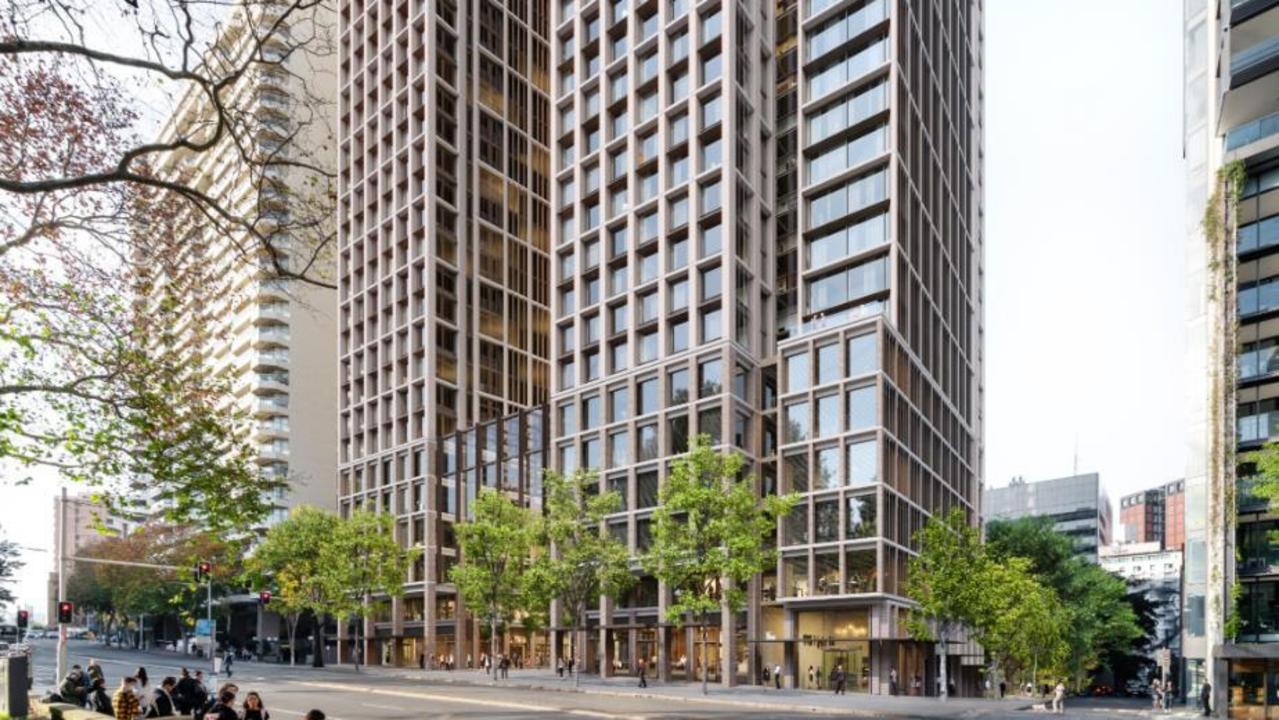For Brickworks the cost of Ukraine war finally hit homeowners
The Brickworks boss is navigating the external pressures but his trump card is all about turning clay into gold.
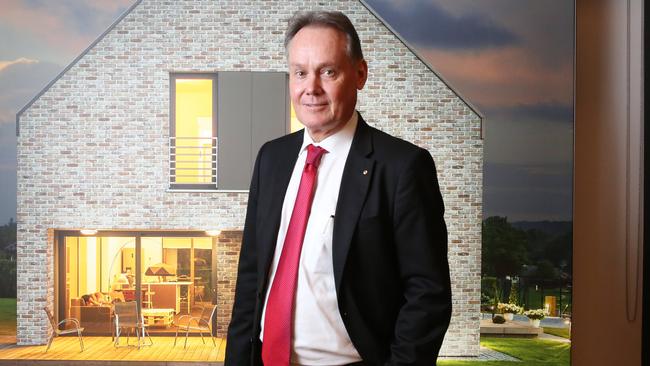
Business
Don't miss out on the headlines from Business. Followed categories will be added to My News.
Fallout from the war in Ukraine is now starting to reach Australian homeowners.
Building materials major Brickworks for one is feeling the pinch of higher import costs, particularly as the price of energy-intensive imports from Europe surge.
Rising oil costs have also pushed the daily rate to hire a bulk ship back to the highs seen during the Covid pandemic. At the same time the strains left over from Covid are still playing out through the economy as tight labour markets and delays in securing key equipment causes additional headaches.
Welcome to business in 2022. These are just some of the issues that long term Brickworks chief Lindsay Partridge is navigating all the while he is steadily transforming his building materials company into a diversified property trust.
As a big user of gas, Partridge has some relief in that his energy costs are locked in for his local manufacturing plants under contracts that run until 2025. But he remains in close contact with his gas supplier Santos to keep track of how fast prices are moving.
While Brickworks makes the bulk of its product locally including Austral Bricks and Nubrik, Partridge tells The Australian he is seeing an enormous increase in the cost of some brick and tile products he imports from Spain and Italy.

There, manufacturers simply can’t get hold of enough gas given Russian sanctions and prices have gone up as much as 60 per cent in just six months. Ultimately this will be passed on to consumers and builders. Although Partridge is mindful that the local market can digest only so much when it comes to higher prices.
Indeed he fears there may be some more builders that fall over given they are the ones mostly absorbing the price increases under fixed term contracts. Partridge’s prices have increased between 6 per cent to 10 per cent, but notes some builders are being hit with more than 20 per cent for some materials.
“There’s no doubt the builders are under pressure and many of the homes they are building they’d be doing at a loss – some who haven’t been on fixed price contracts have been able to get higher prices. But eventually we’ll have to be concerned about housing costs being unaffordable,” Partridge says.
However he believes Australia’s rational wage system has been a silver lining in helping to keep a lid on inflation locally. With most workers across his business covered by multi-year enterprise bargaining agreements, wages have remained relatively stable and that’s good for customers here.
It is a different story in the US where Brickworks also has sizeable operations. There rapid jobs turnover in the US has seen wages for a factory worker jump from about $US14 an hour to $US22 an hour in the space of nine months.
In Australia Brickworks is running a vacancy rate of 5 per cent across its 1200 strong workforce, which is the lowest rate it has been in years. Despite the pressures, Partridge sees encouraging signs with Australia’s participation rate in the labour market increasing as the unemployment falls.
“We’ve lost some good people but we managed to pick up a lot of good people,” he says of the jobs market.
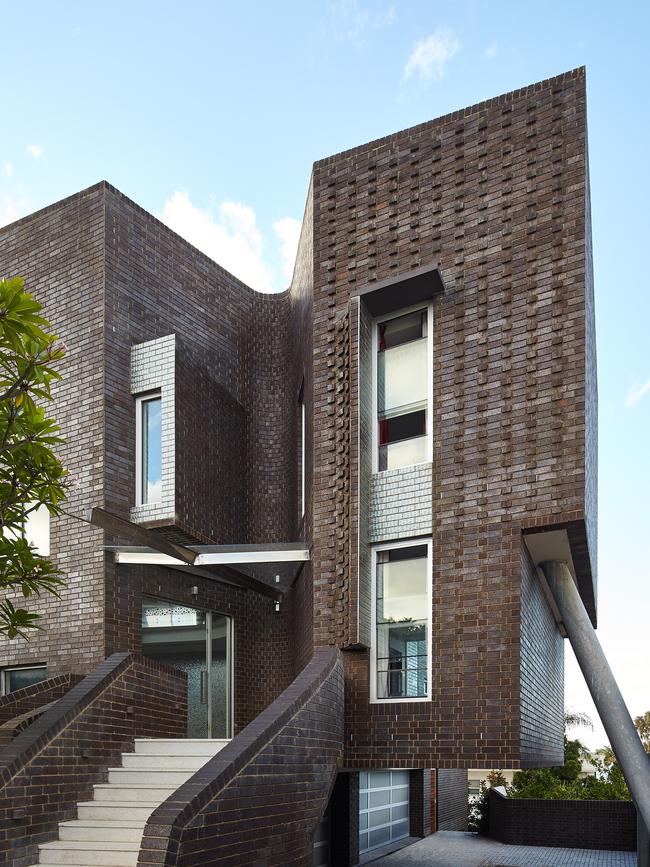
Still there remains pinch points: a shortage of roof tilers in Victoria has seen a $2.50 per square metre levy placed to pay for workers in recent weeks. That levy is in addition to the sharp rises in price for the tiles themselves.
Of course Brickworks these days is bigger than building materials. For the first time the value of its assets in its property business ($1.3bn) has eclipsed the combined Australian and North American brickmaking business ($1.07bn).
Brickworks is riding the benefits from thousands of hectares of land it acquired across the country in the 1960s located on the very fringes of the suburbs. The aim at the time was to secure mining sites for clay to make bricks. Soon the suburbs and infrastructure caught up and the land sitting on Brickworks books has turned clay into gold.
Brickworks simply doesn’t need the surplus land and has access to more than enough clay to make its bricks. The company is now one of the biggest buyers of clay from major infrastructure or building projects, including Sydney’s underground Metro which is under construction.
Its commercial property development business is now emerging as the powerhouse of the company. This includes a 50 per cent stake in a $3bn commercial property trust which now has giant warehouses from Amazon, Australia Post and Coles sitting on original Brickworks land.
At the same time it is in talks with property giant Goodman to build up a sale and leaseback property trust involving 15 Brickworks manufacturing sites to unlock more value. Over time it is expected some of these sites will be earmarked for redevelopment.
It still is into land recycling. Last year it acquired a 121 hectare property in Bringelly south west Sydney which it will hold for the long term, partly funded from the release of land in prime development sites. Partridge expects Bringelly will set Brickworks up for the next six decades in terms of clay supply.
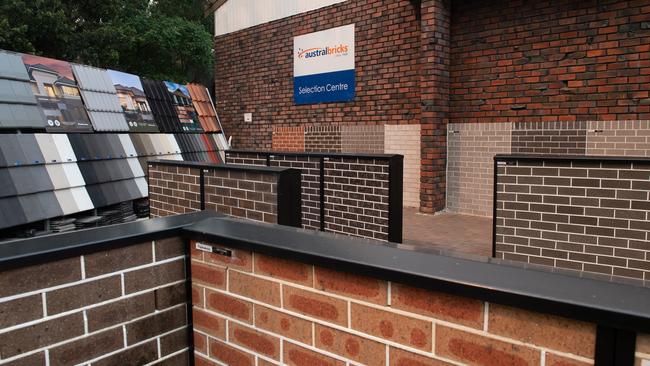
These days when someone buys a share in Brickworks they’re really buying a broader listed investment company and Partridge insists this business model is working for investors.
He points to the fact that this has underpinned an increase in dividends for nine years in a row. In addition he expects the business to top $1bn in turnover for the first time in the coming year.
On Thursday Brickworks declared a first half profit of $581m, up from $71m the same time a year earlier. Some $251m of the lift came from a windfall from its exposure to WH Soul Pattinson’s merger last year with funds house Milton and property gains drove the remaining surge. Interim dividend was up 1 cent to a record 22 cents. Brickwork shares on Wednesday increased 5 per cent to $22.87 on Thursday.
While its 26 per cent cross-shareholding with majority shareholder, WH Soul Pattinson has come under criticism, Partridge argues its holding in the $10bn funds house that gives Brickworks a reliable income stream.
“We’re the biggest shareholder in one of the largest investment houses in Australia. If you’re looking at the stock from the outside between the investment in Sols and a property, that’s 75 per cent of the assets are investments. That’s why the dividends are so strong and so stable,” he says.
BlackRock calls time
Ukraine is also playing out across the world’s biggest investment company with Larry Fink of the $US10 trillion ($13.4 trillion) BlackRock warning the Russian invasion “has put an end” to the globalisation that the world has experienced over the last three decades. And the impact from the battle will felt across capital markets for years to come.
Fink, in his annual chairman’s letter, says Russia’s aggression in Ukraine and its subsequent decoupling from the global economy is going to prompt companies and governments worldwide to re-evaluate their dependencies and re-analyse their manufacturing and assembly footprints.
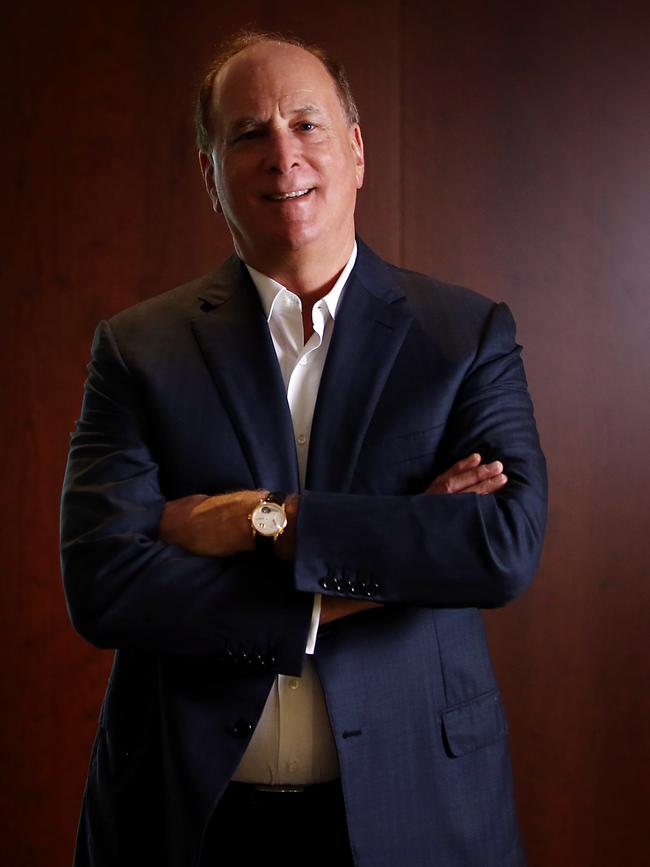
This is something that Covid had already spurred many to start doing, he added.
“The ramifications of this war are not limited to Eastern Europe,” Fink says in the letter which was released Thursday night. “They are layered on top of a pandemic that has already had profound effects on political, economic, and social trends. The impact will reverberate for decades to come in ways we can’t yet predict”.
Fink says Moscow is now facing an “economic war” for its actions as businesses around the world attempt to sever ties with Russia and governments put in place sanctions.
“These actions taken by the private sector demonstrate the power of the capital markets: how the markets can provide capital to those who constructively work within the system and how quickly they can deny it to those who operate outside of it”.
“Russia has been essentially cut off from global capital markets, demonstrating the commitment of major companies to operate consistent with core values”.
For its part BlackRock had suspended buying Russian securities across its active and index portfolios. Earlier this month the funds giant disclosed this involved selling $US17bn worth of Russian exposures.
Meanwhile Fink, who has raised pressure on companies to accelerate their shift to a net zero carbon footprint in recent years, says the oil and gas price shock In response to the war in Ukraine, will see many countries look for new sources of energy.
He believes while oil, gas and even coal consumption may increase over the next year pushing up carbon emissions, longer term the recent events will accelerate the shift toward greener sources of energy as many parts of the world look for energy security.
johnstone@theaustralian.com.au



